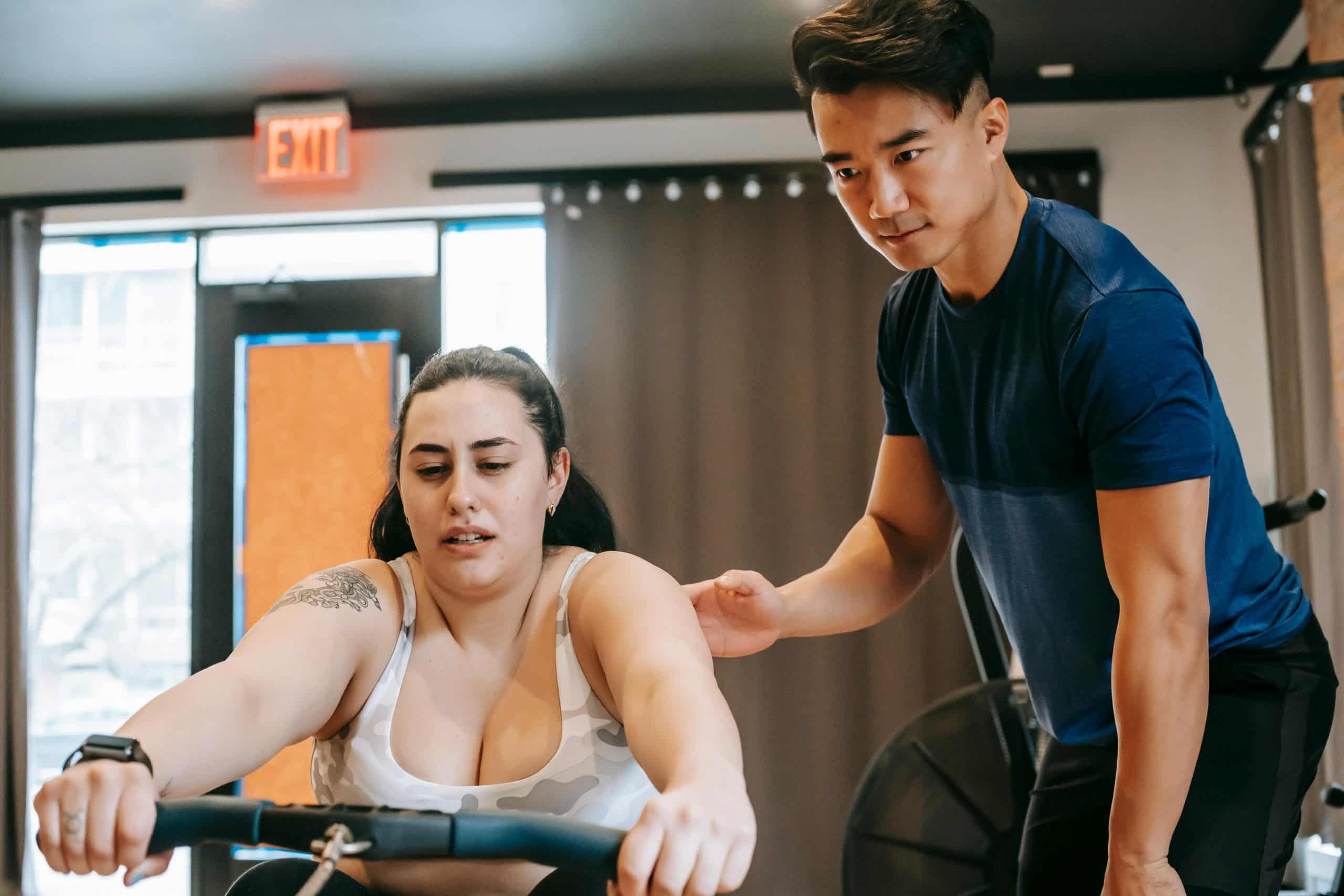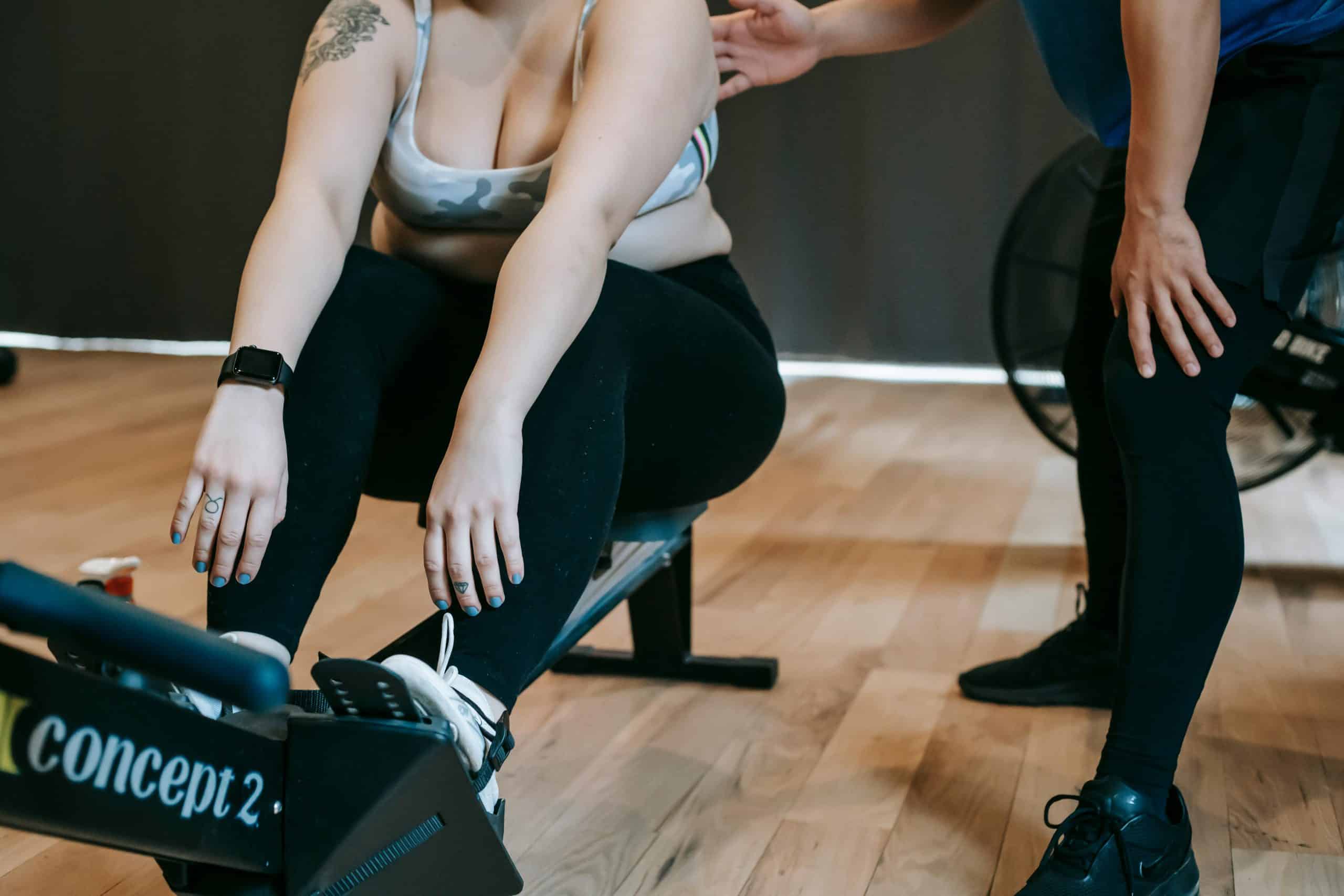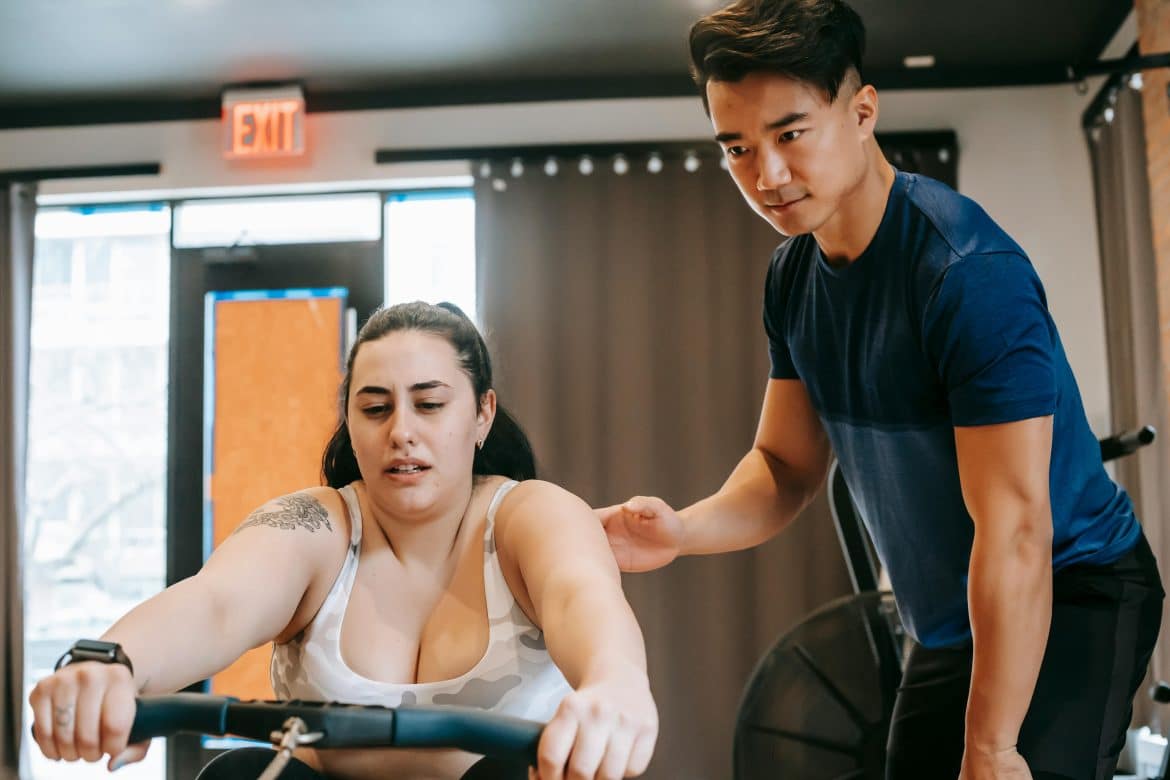Have you recently noticed that your puppy is regressing in potty training? It can be frustrating and confusing when your little furry friend seems to be going backwards in their progress. In this article, we will explore the reasons why puppies may experience regression in potty training and provide some helpful insights on how to address this issue. So, if you're looking for answers and ways to assist your puppy in getting back on track with their potty training, you've come to the right place!
Possible Causes of Regression
Potty training can be a challenging process, and it's not uncommon for puppies to experience periods of regression. If you find that your puppy is regressing in their potty training progress, there may be a few potential causes. Understanding these causes can help you address the issue and get back on track with your puppy's training.
Change in Routine
One possible cause of regression in potty training is a change in routine. Puppies thrive on consistency, and any deviations from their usual schedule can disrupt their progress. This could include changes in feeding times, walking schedules, or even the introduction of a new family member.
Introduction of New Family Member
Bringing a new family member into the home, whether it be a baby or another pet, can be an exciting time. However, it can also unsettle your puppy's routine. They may become distracted or feel anxious due to the new dynamics in the household, which could lead to regression in their potty training.
Moving to a New Home
Moving to a new home is a major life change for both you and your puppy. The unfamiliar environment and the stress of the move can cause your puppy to regress in their potty training. It's important to be patient and provide them with plenty of guidance as they adjust to their new surroundings.
Change in Schedule
Even small changes in your daily schedule can impact your puppy's potty training progress. Whether it's a shift in your work hours or a change in your own routine, your puppy may struggle to adapt to the new timing. Consistency is key, so try to establish a new schedule that aligns with your puppy's needs as much as possible.
Medical Issues
Sometimes, regression in potty training can be attributed to underlying medical issues. If your puppy was previously doing well with their training and suddenly starts having accidents, it may be a good idea to rule out any health problems.
Urinary Tract Infection
Urinary tract infections (UTIs) can be painful for puppies and may cause them to have accidents indoors. If your puppy is experiencing frequent accidents, excessive licking of their genital area, or signs of discomfort while urinating, it's crucial to consult a veterinarian. UTIs can be easily treated with medication, but they require proper diagnosis.
Gastrointestinal Problems
Digestive issues, such as diarrhea or constipation, can also contribute to potty training regression. If your puppy's stools are consistently loose or they seem to be straining during bowel movements, it's important to seek veterinary advice. Addressing any gastrointestinal problems will not only improve your puppy's potty training but also their overall health and well-being.
Bladder Stones
Bladder stones, although less common in puppies, can cause urinary accidents and hinder their potty training progress. These mineral formations can cause discomfort and may require medical intervention. If your puppy is frequently urinating in inappropriate places or showing signs of pain, it's crucial to have them examined by a veterinarian.
Lack of Consistency
Consistency is key when it comes to potty training success. If you're inconsistent with your training methods or fail to reinforce positive behaviors consistently, your puppy may struggle to understand what is expected of them.
Inconsistent Training Methods
Using different training methods or constantly changing your approach can confuse your puppy and lead to regression. It's essential to establish a clear and consistent training plan and stick to it. This will help your puppy understand the desired behavior and minimize any setbacks in their potty training progress.
Neglecting to Reinforce Positive Behaviors
Positive reinforcement is a powerful tool in potty training. When your puppy successfully eliminates in the appropriate area, it's crucial to reinforce that behavior with praise and rewards. However, if you neglect to consistently reinforce these positive behaviors, your puppy may become less motivated to repeat them, leading to regression.
Not Taking Puppy Outside Frequently Enough
Puppies have small bladders and may need to eliminate more frequently than adult dogs. If you're not taking your puppy outside often enough, they may not have the opportunity to relieve themselves in the appropriate area, leading to accidents indoors. Establishing a consistent schedule for outdoor potty breaks is essential to prevent regression and set your puppy up for success.
Fear or Anxiety
Fear or anxiety can also play a role in potty training regression. If your puppy has had a traumatic experience, is exposed to loud noises or startling situations, or experiences separation anxiety, they may exhibit signs of regression in their potty training.
Previous Traumatic Experience
If your puppy has had a previous traumatic experience associated with potty training or toileting, they may become fearful or anxious about the process. This fear can manifest as regression in their progress or reluctance to eliminate in certain locations.
Loud Noises or Startling Situations
Loud noises, such as fireworks or thunderstorms, can startle puppies and make them anxious about going outside to eliminate. Similarly, any sudden or unexpected events in their environment can cause fear or stress, leading to regression in their potty training.
Separation Anxiety
Separation anxiety is a common issue among puppies and can significantly impact their potty training progress. If your puppy becomes distressed when left alone, they may have accidents indoors as a result of their anxiety. It's important to address separation anxiety through proper training and gradually increasing their tolerance to being alone.

This image is property of images.pexels.com.
Tips to Address Regression
Experiencing regression in your puppy's potty training progress can be frustrating, but there are steps you can take to address the issue and get back on track. By implementing the following tips, you can help your puppy regain their potty training skills and achieve consistent success.
Maintain a Consistent Routine
Maintaining a consistent routine is essential to prevent regression in potty training. Stick to a regular feeding schedule, take your puppy outside at regular intervals throughout the day, and establish a designated potty area. Consistency will help your puppy understand what is expected of them and reinforce their potty training habits.
Rule out Medical Issues
If your puppy is experiencing regression in potty training, it's essential to rule out any underlying medical issues. Consult a veterinarian to schedule a check-up and discuss your concerns. Your vet may recommend tests to rule out urinary tract infections or other health problems. By addressing any medical issues, you can ensure that your puppy's potty training challenges are not caused by an underlying condition.
Reinforce Positive Behaviors
Consistently reinforcing positive behaviors is crucial for successful potty training. Use positive reinforcement techniques such as praise, treats, or toys to reward your puppy when they eliminate in the appropriate area. It's important to be patient and ignore accidents or avoid punishment as this can confuse your puppy and hinder their progress.
Provide a Safe and Comfortable Environment
Creating a safe and comfortable environment for your puppy is vital to their potty training success. Ensure that they have easy access to their designated potty area and that it's free from distractions or intimidating elements. Additionally, make sure your puppy has a comfortable, easily accessible spot to rest and relax. A calm and secure environment will contribute to their overall well-being and potty training progress.
Reward and Praise Your Puppy
Rewarding and praising your puppy for their efforts in potty training can go a long way. Use treats or toys as rewards for successful potty breaks and provide verbal praise and affection to reinforce their positive behavior. Your puppy will be motivated to continue their progress when they associate toileting in the appropriate area with positive experiences.
By implementing these tips and addressing the possible causes of regression in your puppy's potty training, you can help them get back on track. Remember to be patient, consistent, and supportive throughout the process. With time and effort, your puppy will regain their potty training skills and develop into a well-trained and well-adjusted canine companion.

This image is property of images.pexels.com.


